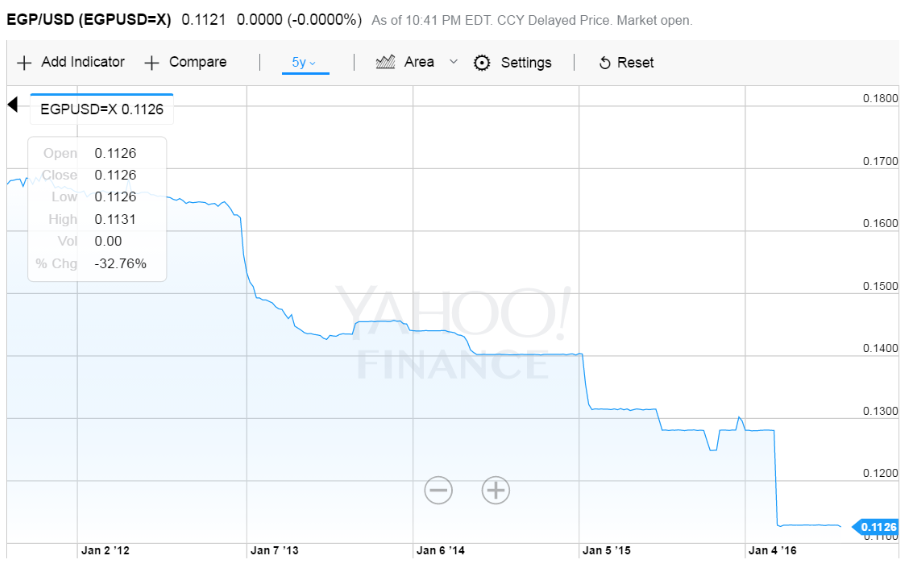I didn’t choose the title – my awesome editor did – but it made me laugh. Originally posted yesterday on Foreign Policy’s Transitions Blog:
WE’RE ALL AMERICANS NOW (AND NOT IN A GOOD WAY)

Happy SOPA blackout day!
It is with no small feeling of helplessness that we observe, from the rest of world, the U.S. government’s crude dabbling with legislation that threatens to cripple the internet. Unlike our American counterparts, we foreign Internet users have no representatives to petition, and despite our best efforts and the global shows of support from bloggers and online activists, we await the outcome of an American debate that will — like the blackout of Wikipedia or Reddit — affect users worldwide.
From a global perspective, SOPA isn’t the only case in which the authorities in the U.S. have threatened to curtail the freedom of the internet in recent days.
Last week a U.S. court ordered Twitter to give it all details concerning three users in connection with a continuing investigation of the WikiLeaks affair. Those details include “all mailing addresses and billing information known for the user, all connection records and session times, all IP addresses used to access Twitter, all known email accounts, as well as the ‘means and source of payment,’ including banking records and credit cards.”
The three users are Jacob Appelbaum of @ioerror fame, Dutchman Rop Gonggrijp, and Icelandic Member of Parliament Birgitta Jónsdóttir.
Yep. Two of them are non-U.S. nationals. One is an elected official. And yet a court in a different country has the power to get its hands on their email details and banking records.
Plus (just to quote the Salon piece by Glenn Greenwald again):
[D]id other Internet and social network companies (Google, Facebook, etc.) receive similar Orders and then quietly comply? It’s difficult to imagine why the DOJ would want information only from Twitter; if anything, given the limited information it has about users, Twitter would seem one of the least fruitful avenues to pursue. But if other companies did receive and quietly comply with these orders, it will be a long time before we know, if we ever do, given the prohibition in these orders on disclosing even its existence to anyone.
(My emphasis added.)
Notice that bit about the “prohibition on disclosing these orders.” It means that the U.S. judge can steal private info, but also forbids the company from telling the concerned individuals. In the case at hand, Twitter requested that the order be unsealed so it could inform concerned users. The court agreed.
The reality is that U.S.-based companies (including Google and Twitter), as well as all the info stored on their servers, come under the jurisdiction of the U.S. legal system.
And said U.S. system not only disregards users’ rights to privacy and joyfully robs us of our private information, but also reserves the option (just like criminal data thieves) to keep you in the dark if they steal your data.
Which means that, theoretically, they could have subpoenaed your and my data, and we wouldn’t even be allowed to know. Picture that. (Yeah, I know. In this hypothetical case, we’re interesting enough.)
They know this. Do they care? No.
For foreigners in particular, this is a cause of great concern. U.S. courts obviously have much less regard for the privacy of foreign nationals. (Seriously, an elected member of another country’s parliament? They’d probably never dare do that to a member of the U.S. Congress.) So where does it end?
What about Palestinian or Bahraini activists, Iraqi opposition members, or officials from China or Iran? Why not, if they’re hosted on U.S. websites?
(Imagine if Mubarak and Ben Ali could have requested details related to the online activists who helped make the 2011 revolutions. Then again, could it be that that’s what actually happened? It’s hard to believe that the brutes from Egyptian State Security could have figured out who was behind the “We are all Khaled Said” campaign all on their own. Judging by this ruling, we wouldn’t necessarily know if a U.S. company had been forced to hand over the info.)
And that leads to other questions. The Twitter case could trigger a migration of users worried about their privacy to non-U.S.-based websites. (Someone help me set up a Weibo account!) Joke aside, why not an Iceland-based version of Twitter? I’d sign up for that, at this point.
And I wouldn’t be surprised to see intensified concerns about anonymity. Facebook (and others) keep hammering away at the notion that more disclosure is good. That may be true in some cases, perhaps, but not in all. As Greenwald points out, there are no Twitter accounts in the names of Bradley Manning or Julian Assange, so it’s not entirely clear what the court is basing these subpeonas on. Surely this will have a chilling effect.
It wasn’t that long ago that we Egyptians were taking to the streets to demand an end to barbed wire and firewalls. So it’s rather ironic that we should be facing this threat to freedom of expression from the Americans, of all people.



